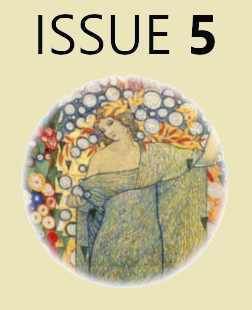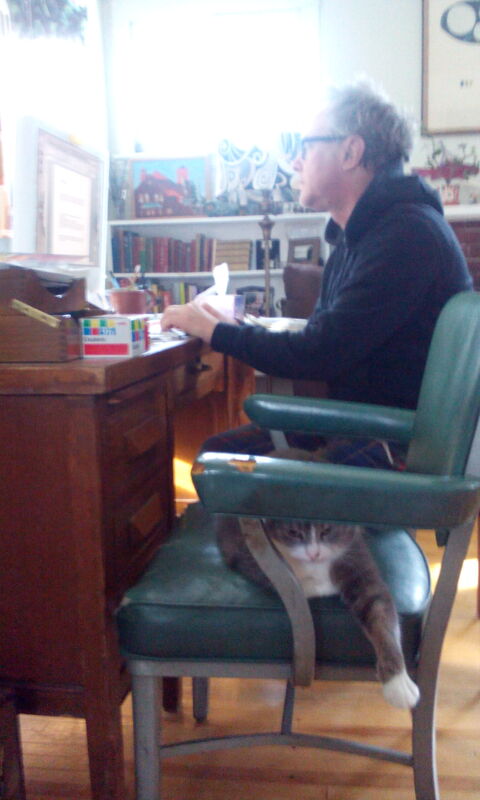HayrideFiction by Joe Davies
I’ll call him “Peter,” since he told me he doesn’t want his or anyone else’s real name to appear here—what follows being all true, unspectacular as it is—true, at least, in the sense that Peter told it the way I’m about to. For those of you who know me and my past, Peter of course, will not be enough to mask his true identity. And for those of you who consider it important, and if it isn’t already clear, I did ask if it was all right to write out what follows. I’m not completely sure why, but something resonated for me when I heard this story, and has since stayed in my thoughts.
|




